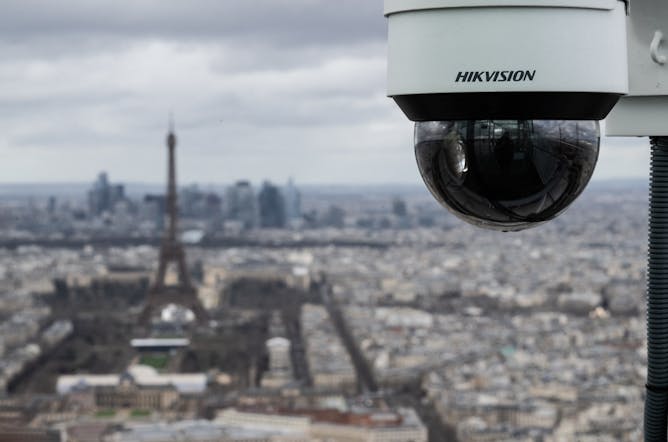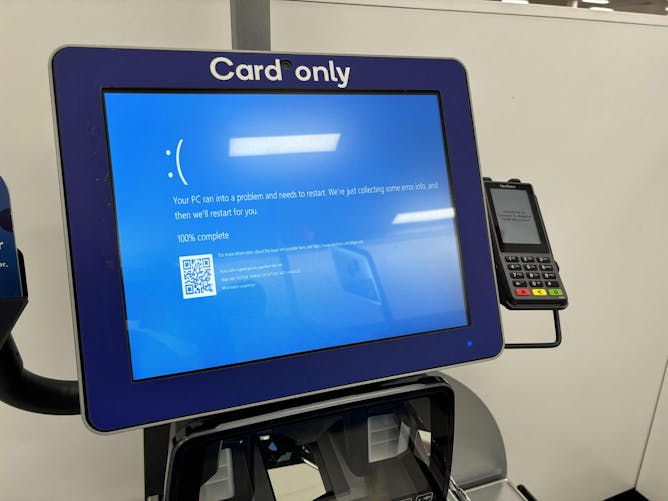|
When the Paris Olympics open next week, security will be extremely high. Part of that security will be artificial intelligence systems monitoring the feeds from thousands of surveillance cameras, poised to spot suspicious behavior that might escape the notice of security personnel.
But increased safety is just one side of the coin of heightened surveillance. The other side is the erosion of privacy. Legal scholar Anne Toomey McKenna explains what the technology does, the ways in which it threatens privacy and how French authorities have so far avoided running afoul of European data privacy laws.
Events on the US political landscape unfolded at a giddying pace this week. By the time Donald Trump delivered his acceptance speech at the Republican Convention after announcing J.D. Vance as his running mate the signs were that his bid to reenter the White House might indeed be successfull. Stefan Wolff and David Hastings Dunn outline what a Trump presidency would mean for Europe.
The scheduling of this newsletter was delayed today due to a massive IT outage that caused widespread shut downs across the world. Mark A Gregory offers insights.
|

Anne Toomey McKenna, University of Richmond
France is using experimental AI-enabled surveillance and data collection tools before, during and after the 2024 Summer Olympics. Here’s what that means for the trade-off between security and privacy.
|

Stefan Wolff, University of Birmingham; David Hastings Dunn, University of Birmingham
Abandoning Ukraine, withdrawing from Europe and pivoting to Asia will severely disrupt the principles on which Nato was founded.
|

Mark A Gregory, RMIT University
Enterprises across Australia and the world are struggling to cope with a huge software outage – but your home computer is probably safe.
|
|
|
-
Anthoni van Nieuwkerk, University of South Africa
The lead protagonists, Congolese president Felix Tshisekedi and his Rwandan counterpart Paul Kagame, seem unwilling to reconcile. Personal mediation is required.
-
Ziyad Al-Aly, Washington University in St. Louis
A new study finds the risks of developing long COVID declined over the first two years of the pandemic. But unvaccinated adults were more than twice as likely to get long COVID compared with those who were vaccinated.
-
Spencer Goidel, Auburn University
Independent voters who feel high levels of nostalgia were more likely to vote for Republicans in the 2022 midterm elections.
-
Hassan Vally, Deakin University
Now there’s more speculation about US President Joe Biden’s health. But a COVID diagnosis in 2024 is nothing like one back in 2020, even for someone of his age.
-
John Charles Ryan, Southern Cross University
From being banned on planes and hotels, to being considered a delicacy – the durian is truly perplexing. What’s behind its polarising nature?
-
Emily C. Merz, Colorado State University; Melissa Hansen, Colorado State University
Less sleep and later bedtimes are linked to a section of the brain involved in emotion regulation suffering reduced growth, along with weaker connections to other brain areas.
-
John Mukum Mbaku, Weber State University
The new cabinet needs to transform the status quo.
|
|